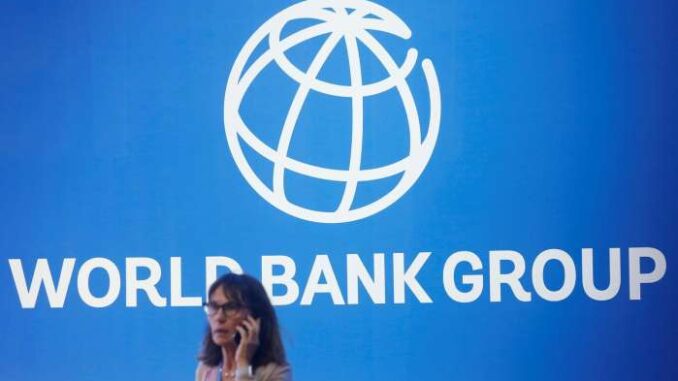
The World Bank Group has announced a $93 billion funding to help low-income countries respond to the COVID-19 crisis and build greener, resilient and inclusive economies. The lifeline is being extended through its member, the International Development Association (IDA).
The amount comprises $23.5 billion of contributions from 48 high- and middle-income countries with financing raised in the capital markets, repayments and the World Bank’s contributions.
This comes as research by the International Monetary Fund (IMF), yesterday, said the world has experienced the largest one-year debt surge since World War II this year, with global debt rising to $226 trillion. It stated that global debt rose by 28 percentage points to 256 per cent of GDP in 2020, calling on policymakers to strike “a right balance” in the face of ballooning public debts and escalating inflation.
A statement by the World Bank said the financing package, which was debated and approved at a two-day meeting hosted virtually by Japan, is the largest ever mobilised in IDA’s 61-year history.
It adds that IDA’s unique leveraging model has enabled it to achieve greater value from donor resources. Each $1 contributed by a donor to IDA is now leveraged into almost $4 of financial support for the poorest countries.
“Today’s generous commitment by our partners is a critical step toward supporting poor countries in their efforts to recover from the COVID-19 crisis,” World Bank Group President, David Malpass, said.
He added: “We are grateful for the confidence our partners have in IDA as a non-fragmented and efficient platform to tackle development challenges and improve the lives of millions of people around the world.”
The funds will be delivered to the world’s 74 poorest countries under the 20th replenishment (IDA20) programme, which aims at helping countries recover from the impacts of COVID-19.
The pandemic has raised the poverty level among low-income countries, undermining growth while threatening the prospects of resilient and inclusive development.
IDA has been a major support line for poor African countries, which are to receive 70 per cent of the new funding.
END

Be the first to comment